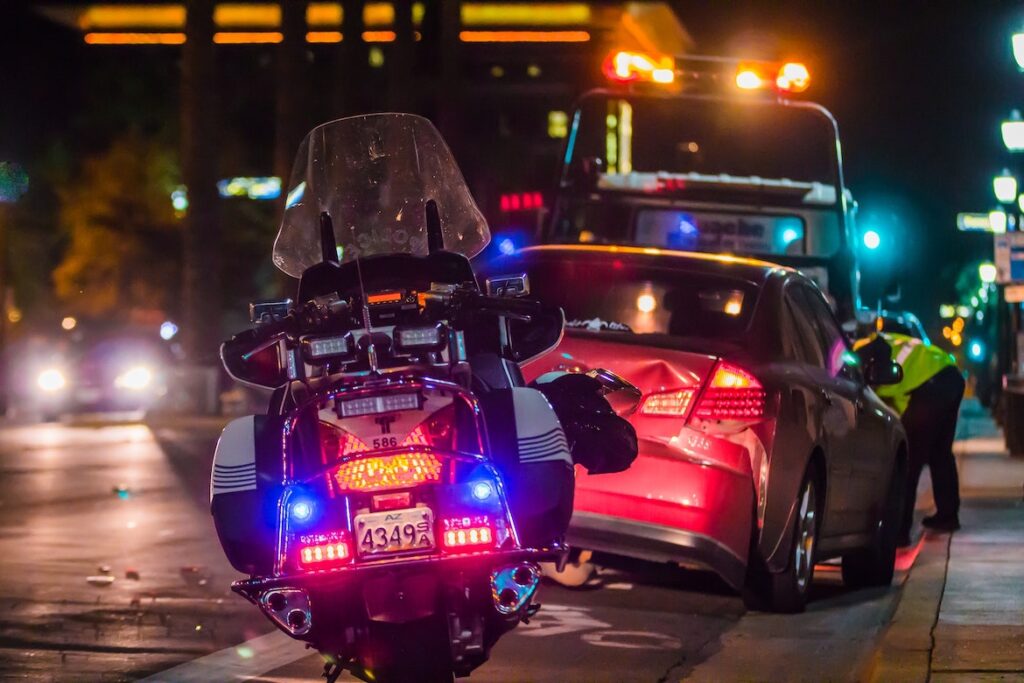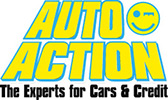
Knowing what to do after a car accident is important for everyone—it may not only involve helping someone who is hurt or calling 911 but knowing what to do after a car accident can protect you financially. Chances are you will be in a car accident at least once in your life. Statistics bear out that car accidents can happen anytime, anywhere. The U.S. alone averages 6 million car accidents each year, or roughly 16,438 per day. Sadly, of these crashes, over 37,000 each year are fatal, with an additional 3 million people injured or disabled.
Many factors contribute to the continuing rise in car accidents, with a major concern being distracted driving. Driver distraction is a specific type of driver inattention when driving is diverted from the driving task to focus on some other activity. Driver inattention, like texting on a cell phone or interacting with the entertainment or navigation system, was responsible for the deaths of 2,841 people in 2018, along with an estimated 400,000 people injured. Just consider that the 5 seconds it takes to send or read a text while traveling 55 mph is like driving the length of an entire football field with your eyes closed.
No matter the circumstances or the seriousness of a car accident, they are, at the least, a source of stress, aggravation, and much inconvenience. Insurance companies will seek to settle claims quickly and avoid filing lawsuits, or in some cases resist to resolve or settle an insurance claim. Learn how to protect yourself by knowing what to do after a car accident. Here are a few critical tips to follow:
1. Assess the Situation
It’s likely that the impact of a car accident will leave you momentarily stunned, with adrenaline flowing and frustration and possible anger soon to follow. However, if no one is hurt, amidst the realization there’s been an accident and an actual situation must be dealt with immediately, it is important to stay calm and take control of the situation. Keep your cool—avoid abusive language, insults, or threats. If the other driver acts aggressive toward you, stay in your car, roll the windows up, and start recording video with your cell phone until the police arrive.
2. Safety
Unless the collision has happened in a parking lot, safety is the first concern. Get your vehicle moved to the breakdown lane if possible. Once there, put on your emergency flashers and look for the vehicle that hit you. Note the color, make, and model, and if possible, the license plate number too, just in case the other driver continues on.
3. File a Police Report
Next, call 9-1-1 to report the accident and give the dispatcher your location. Accident reports will aid in any insurance claim. Even with a minor collision and no injuries, call the police. Do not let the other driver or passengers talk you out of it or not to involve the insurance company. Calling in to report an accident establishes a record of the accident in the event that the police cannot respond immediately.
4. Exchange Information
Whether the police arrive on the scene or not, exchange insurance and contact information with the other driver. You should exchange full names, contact information, license numbers, and insurance company information.
5. Collect Evidence
As mentioned, other vehicle information should be written down—the car’s color, make, model, and year, along with the car’s license plate number, and description of any visible damage. Use your cell phone to take pictures of the accident scene and point of impact. Look for eyewitnesses and get their contact information. If the fender-bender occurs in a shopping center or mall parking lot, have the complex’s security guard on scene write up an incident report. The incident report will establish the time, date and location of the accident for any insurance claim.
6. Medical Care
Serious injuries obviously need immediate attention. However, in minor accidents, reaction to an injury may not be immediate or obvious. It’s important never to refuse medical care if it is offered after a car accident. Never tell anyone your condition either, such as stating, “I’m okay” or “Everything is fine.” It may not be. Your shock or anger from the accident could be distracting you from the effects of serious injury. Your body may not react to the injury immediately. Whiplash, nerve damage, and some brain injuries may not become apparent for hours or even days after an accident. Also, refusing medical treatment after an accident can result in your claim being denied. You’ll be giving the insurance company a reason to argue your injuries weren’t caused by the crash.
Knowing what to do after a car accident can save you money and time, and also rid yourself of future aggravation. Get your bearings, stay calm, and take control of the situation. Remember, the person who is at fault for the accident is the person who is financially responsible for damages and injuries related to the accident. It’s important to know what to do.
